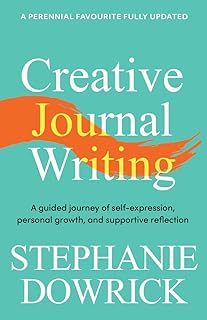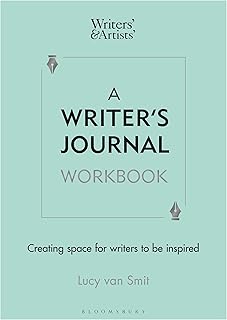Throughout history, various cultures have recognized the healing power of creative expression, such as visual art, stories, dance, and music. While the therapeutic benefits of expressive writing have been extensively studied in the global north, there has been a notable gap in research within the global south. Investigating healing interventions in different contexts is crucial, especially in societies facing trauma, resource constraints, and a need for compassion.
A recent study conducted among a diverse group of South Africans who participated in a writing group called the Life Righting Collective shed light on the positive impact of creative writing on health. Medical students from the University of Cape Town interviewed 20 members of this collective as part of a medical humanities study module, revealing insights into the participants’ well-being.
The research team, comprising medical practitioners, students, and academics specializing in mental health and medical humanities, found that most participants reported enhanced overall wellness and mental health through the writing courses. These findings align with previous research indicating that creative writing can lead to healthier choices, improved relationships, mental well-being, and better work opportunities.
Notably, the study highlighted the potential of these courses as a cost-effective, non-medical approach to enhancing psychological well-being. The positive outcomes observed among participants underscore the value of creative writing as a therapeutic tool for promoting mental health.
Expert commentary from Prof. Steve Reid, a family physician and advocate for rural health in South Africa, emphasizes the role of arts in medicine. Prof. Reid’s work focuses on supporting medical and health science graduates to develop relevant skills in the African context, highlighting the importance of integrating the arts and social sciences into healthcare through medical humanities.
Author and creative facilitator Dawn Garisch, a proponent of using creative practices for mental health improvement, shares her experience of how regular creative engagement positively impacted her well-being. Garisch’s involvement in the medical humanities movement in South Africa underscores the transformative potential of creative writing in fostering community building and mental wellness.
Dr. Janet Giddy, a Family Physician with a background in rural medicine and public health, has combined her clinical work with an interest in medical humanities. Her engagement in research studies related to HIV, TB, maternal and child health, and reproductive health reflects a holistic approach to healthcare that integrates medical practice with humanities.
Giles Griffin, a writer and researcher with extensive experience in diverse projects, advocates for the use of creative writing as a tool for mental health support. Griffin’s involvement in projects focusing on LGBT mental health and living with HIV highlights the intersection of creative expression and well-being.
The collaborative efforts of these experts and researchers underscore the significance of creative writing as a valuable resource for improving mental health and well-being. The South African study serves as a testament to the transformative potential of creative expression in promoting holistic health outcomes.
📰 Related Articles
- Zimbabwe Study Reveals High Uptake of Menstrual Health Services
- Young Australians Exposed to Online Gambling Risks, Study Reveals
- Varsity Athletes’ Sleep Study Reveals Suboptimal Hygiene Practices
- Ultrasound Challenges Fluoroscopy in Vascular Access: Study Reveals Insights
- Thyroid Ultrasound Reveals Aggressive Cancer Risk: Case Study Insights






